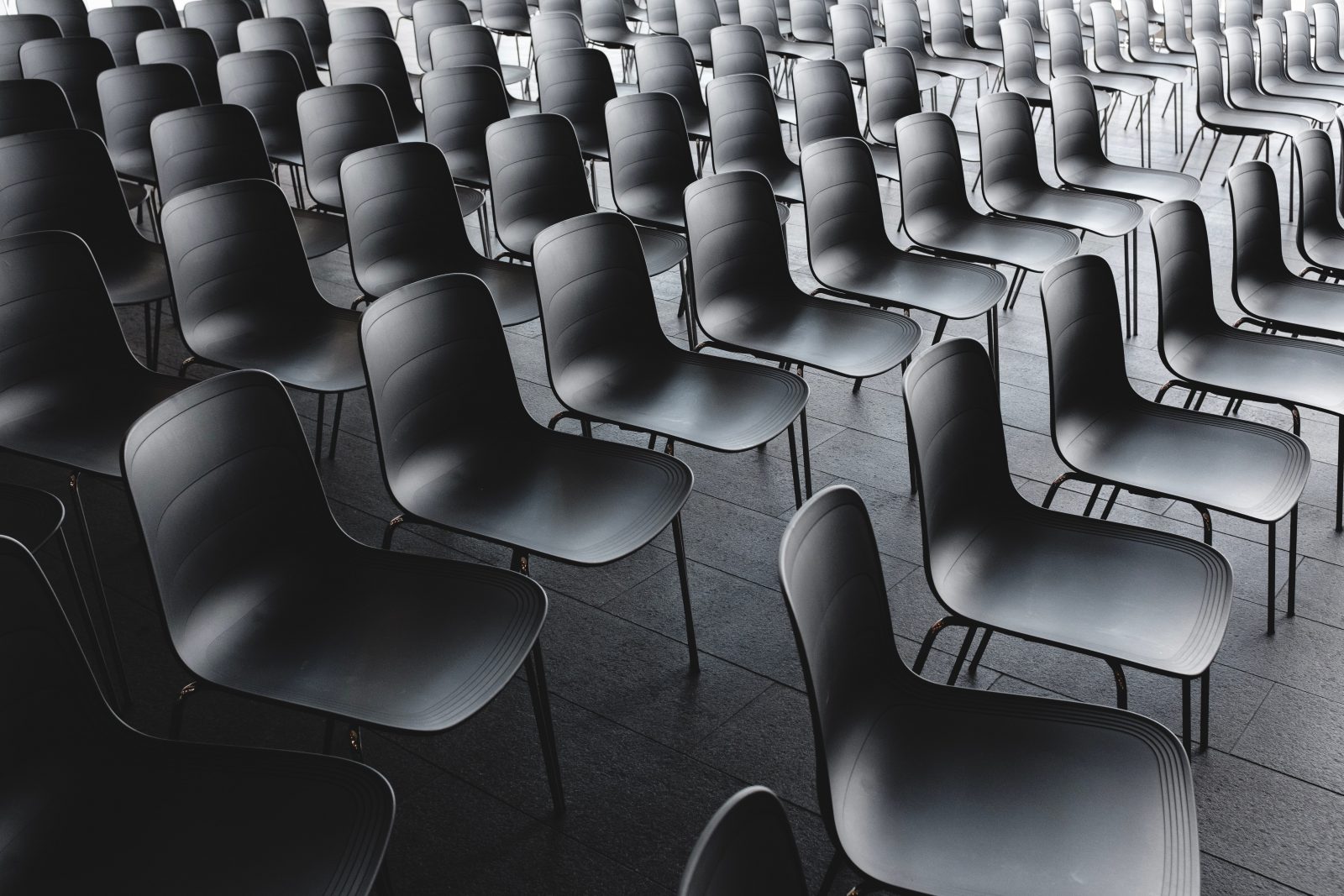EUROPEANA Conference on the Role of Copyright in Digitisation of the Cultural Sector
On 5 and 6 October 2020, Europeana in cooperation with Deutsche Nationalbibliothek and under the auspices of the German Presidency of the Council of Europe organised a digital conference titled “The role of copyright in the digital transformation of the cultural heritage sector”. The conference, while organised as an invite-only event, also included a publicly open session “Past, present and future of copyright & digital transformation. Opportunities in the copyright in the Digital Single Market Directive”. Timotej Kotnik Jesih attended the session on behalf of IPI.
The session took place online on 5 October between 14:15 and 15:30 and was moderated by Ariadna Matas. The session included three speakers: Paul Keller, Europeana policy consultant, Dorothea Zechmann from Deutsche Nationalbibliothek, and Anne Bergman-Tahon, the director of Federation of European Publishers. They discussed the topic of EU copyright reform analysis and its role in making digital cultural heritage works more widely accessible.
Paul Keller was the first to speak and he presented the cultural heritage sector’s development in regards to the digital collection accessibility in the past decade. As the most important events, he emphasised the adoption of the European Commission Recommendation on the digitisation and online accessibility of cultural material and digital preservation in 2011, the Orphan Works Directive adoption in 2014, which turned out to be too limitative and burdensome, and of course the adoption of the Directive 2019/790 on copyright and related rights in the Digital Single Market in 2019. The DSM Directive provisions represent an important victory for the cultural heritage institutions (CHIs), as long as they will be implemented properly. He also expressed a wish that by the year 2026, when the first DSM Directive review is scheduled, the EU copyright framework is further harmonised and that copyright registration is brought into the discussion.
Anne Bergman continued on behalf of publishers and rightsholders and emphasised the importance of adoption of balanced copyright rules which are not only beneficial to the CHIs. She pointed out that the rules should adequately represent the state of the market, which is why CHIs, who represent only 4% of publishers’ business, should not be over-protected. In any case, she continued, a prompt and effective dialogue between all relevant stakeholders (publishers, CMOs and CHIs) should be promptly undertaken in order to achieve accessibility to protected cultural heritage works.
Lastly, Dorothea Zechmann reminded of the Orphan Works Directive’s failed attempt to bridge the gap between libraries and CHIs on the one hand, and publishers and CMOs on the other. She explained that the German legislator rather shifted its focus to the out-of-commerce-works (OOCWs) and in 2013, the german CMOs were granted permission to license OOCWs, which enabled CHIs to provide online access to their collections, while CMOs provided for a one-stop-shop for rights management. She suggested that EU legislators focus on the positive provisions of the DSM Directive, such as OOCWs provisions and the TDM exceptions. She also warned about the importance of rightsholders having the option to opt-out of the collective rights management system at any time.
The virtual session concluded with the Q&A session, where the audience mainly inquired about the future expectations in regards to the DSM Directive implementation. All three speakers were in agreement that a constructive dialogue between all stakeholders will be crucial in achieving a broad access to digitised cultural heritage works under the terms, acceptable also to the rightsholders.
The Grand Board of the European Union Intellectual Property Office (EUIPO) finally ruled that the figurative sign ‘COVIDIOT’ cannot be registered as an EU trademark.
The 4th Open Knowledge Day took place on Tuesday 17 October 2023, with an accompanying workshop on 18 October 2023. This year it was organised by the Open Data and Intellectual Property Institute (ODIPI) and supported by Knowledge Rights 21 (KR21).
We invite you to the fourth Open Knowledge Day and the workshop, which will take place this year within the framework of the programme and with the support of Knowledge Rights 21. The event will bring together experts from different European countries to discuss two topics: the first part will deal with the legal basis for data analytics, which is a key part of machine learning and related artificial intelligence, and the general exception for research. In the second part, open science in theory and practice will be presented both in Slovenia and in some Western Balkan countries. Representatives of research and educational institutions from Slovenia and the Western Balkan countries, as well as interested members of the public, are invited to attend.
Dr. Maja Bogataj Jančič, a renowned expert in copyright law, has joined the Berkman Klein Center for Internet & Society at Harvard University, where she will serve as an affiliate researcher for the next two years.





